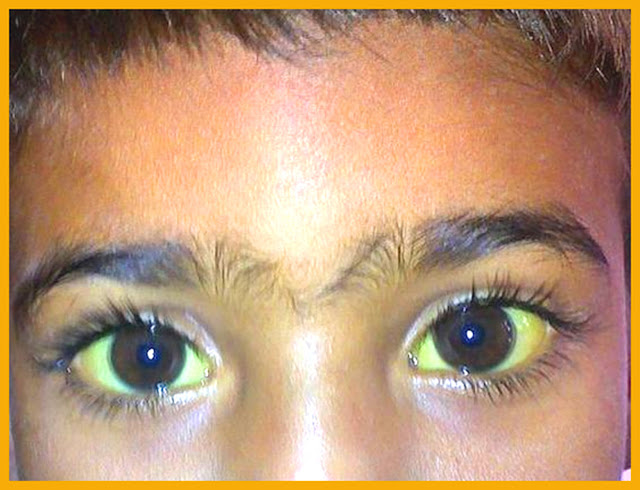What is Hepatitis C?
Hepatitis C is a disease caused by infection with the Hepatitis C virus, where this virus will attack the liver with long-term and infectious effects. Hepatitis C disease is very difficult to detect because the average patient will not experience any symptoms at the beginning of the Hepatitis C virus infection.How many types of hepatitis C are there?
There are 2 types of Hepatitis C, namely acute hepatitis C and chronic hepatitis C.
- Acute hepatitis C is hepatitis C with a disease duration of approximately 6 months, or you could say it has a short duration.
- Chronic hepatitis C is Hepatitis C with a long duration of disease. Usually a patient with chronic hepatitis C will have this disease for life in the body and the Hepatitis C virus will be difficult to get rid of. Or it can be said that the Hepatitis C virus will stay in the patient's body longer than acute hepatitis C.
What are the symptoms of Hepatitis C?
Quoting Healthline, the Centers for Disease Control and Prevention (CDC) noted, as many as 80 percent of sufferers will not experience symptoms of hepatitis C.In some cases, a person will experience symptoms shortly after being infected. The initial symptoms of hepatitis C generally occur about 6-7 weeks after exposure to the virus. These early symptoms include fever, feeling tired, and decreased appetite.
In a more severe level of Hepatitis C, people who are infected with Hepatitis C will also experience nausea or vomiting, abdominal pain, joint pain, abnormalities in urine or stool, and yellowing of the eyes and skin.
However, in some cases of Hepatitis C, the symptoms will be delayed for a longer time. The reason is, the virus takes a long time to cause liver damage.
The difficulty in detecting the symptoms of hepatitis C is that people who are indicated for Hepatitis C should do a blood test to confirm the condition of liver damage.
How is Hepatitis C transmitted?
Hepatitis C is transmitted through blood, this transmission can occur when the blood of a person with hepatitis C enters the blood vessels of other people. In addition, hepatitis C can also be transmitted through unprotected sex with people with hepatitis C.What are the tools that have the potential to transmit Hepatitis C?
Hepatitis C is prone to occur in some of these devices, such as:
- Sharing personal equipment, such as toothbrushes, scissors, or nail clippers, with someone with Hepatitis C.
- Getting medical procedures with non-sterile equipment can also transmit Hepatitis C.
How is Hepatitis C diagnosed?
To detect the hepatitis C virus, a doctor or medical personnel will perform a blood test, including testing for antibodies to hepatitis C and a genetic test for the Hepatitis C virus itself in the blood (HCV RNA). Then, patients need to undergo further tests such as fibroscan and liver biopsy, to determine the level of liver damage due to Hepatitis C.Can Hepatitis C be cured?
Some hepatitis C sufferers recover on their own, but some other hepatitis C patients experience chronic conditions. Chronic hepatitis C sufferers can experience complications in the form of cirrhosis or liver cancer.Therefore, the doctor will determine whether or not treatment for hepatitis C with antiviral drugs is necessary. If a person with hepatitis C is already experiencing complications, the doctor may recommend a liver transplant.

